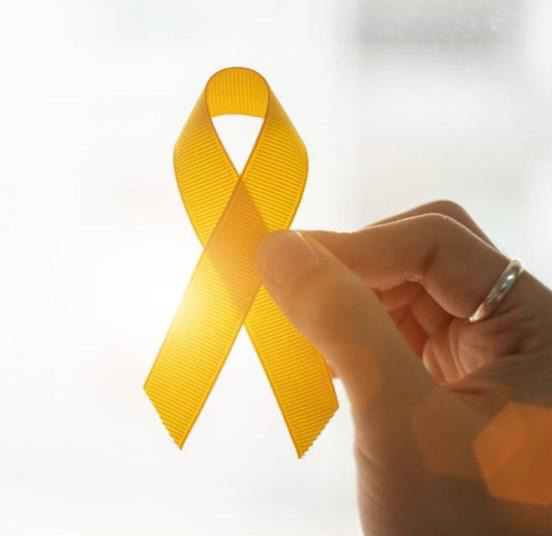Dr. Saba e Firdaus, MBBS, DGO, DNB (OBGYN)
Director & Head, OBGYN Chandan Hospital, Lucknow
Endometriosis affects an estimated 176 million women worldwide – that’s one in 10 women on average.
For women living with this chronic and complex condition, getting access to the right healthcare at the right time is critical.
Early diagnosis
Whilst there’s no cure for endometriosis, an early diagnosis means we can slow down its progress, help manage symptoms and limit any long-term impacts. The best way to start is by consulting with a specialist team. At Dr. Saba’s Fertility & Women Care Centre, we have created endometriosis awareness support group to provide tips and helpful advice for women who might be struggling to reach a formal diagnosis or are not sure where to turn for treatment. For those women, we want to let you know that we have teams of specialists, who are here to listen to you and support you.
Dr Saba E Firdaus, IVF & ART Specialist and Laparoscopic Surgeon, who specializes in women’s health, provides us with the answers to the most commonly asked questions about endometriosis.

Top 3 questions about endometriosis
1. What are the symptoms of endometriosis?
The symptoms for endometriosis depend on where in the body the abnormal endometrial tissue is found, and therefore varies from person to person. The most common symptoms include:
- Painful or heavy periods
- Pain in the pelvic area
- Pain during sexual intercourse
- Infertility
- Other symptoms may include tiredness, bleeding when opening bowels or pain when passing urine.

2. What conditions can endometriosis commonly be mistaken for?
Endometriosis is sometimes mistaken for other conditions that can cause pelvic pain, such as pelvic inflammatory disease (infection in the pelvis), adenomyosis (endometrial tissue that grows into the muscle layer of the uterus) ovarian cysts, irritable bowel syndrome (IBS), or interstitial cystitis (bladder pain). It’s crucial that you talk openly and honestly about your symptoms to your GP, and that you see a doctor who you feel truly listens to your concerns.
3. How can you test for endometriosis?
Symptoms of endometriosis are similar to many other conditions, which means getting a diagnosis can take time as these other conditions will need to be excluded. If endometriosis is suspected, an ultrasound scan is often the first investigation, followed by a pelvic MRI if clinically indicated.
However, the only definitive way to make the diagnosis of endometriosis is by carrying out a laparoscopy – a procedure where a camera is inserted into the pelvis to help the surgeon identify and visualise any signs of endometriosis.
How can you treat endometriosis?
There is no cure for endometriosis, but there are many ways that symptoms can be treated and managed. This could be either through painkillers, hormone medicines or contraceptives. However, for many women, this will not ease the pain and they will instead require surgery to remove the endometrial tissue or surgery to remove part or the entire organ which is affected by endometriosis. It’s incredibly important that you get advice from a team who specialise in endometriosis, to ensure you receive the right care for you.

